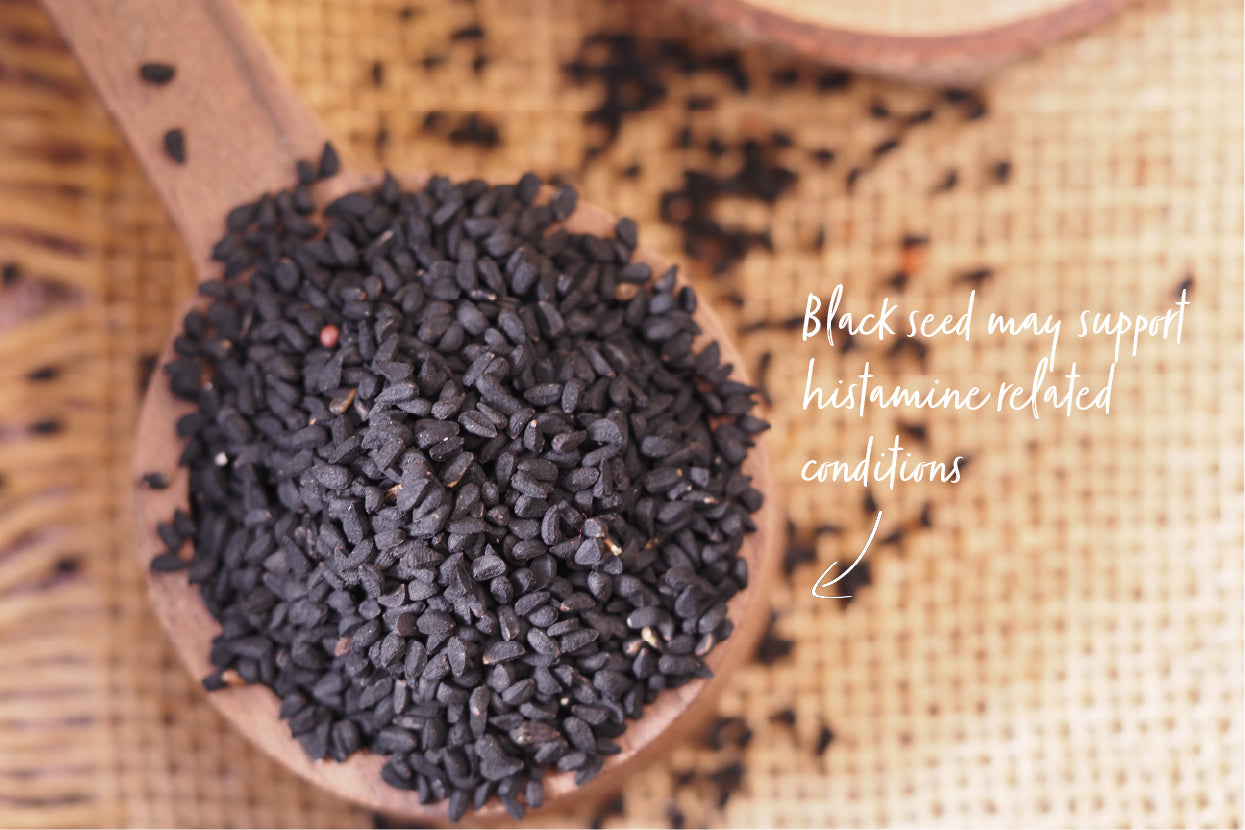
Also known as Bacopa monnieri, Brahmi is also often referred to as ‘herb of grace,’ or by its common name, Water hyssop. It is a low growing plant with delicate pale violet to white flowers, and as its name implies, is a water loving plant which grows in wetland areas or shallow ponds in its native habitats in India, Sri Lanka Nepal, Pakistan, and other areas of Asia.
In herbalist terms, Brahmi is bitter tasting and has a ‘cooling ’ effect and is known as a nervine tonic, anxiolytic and antispasmodic. This makes it excellent for ‘hot’ conditions where there is excess heat in tissues or organs which need to be cooled and calmed. Being anxious or stressed is considered a ‘hot’ condition, as is inflammation. Antispasmodics are used for constriction and tension, allowing flow, whilst nervine tonics have beneficial, restoring effects on the nervous system.
Still a very much a key herb in Ayurvedic medicine, Brahmi has a long history of use as a Medhya rasayana, or brain tonic and used for calming mental chatter, improving mental debility and chronic fatigue, as well as a general tonic for ageing. It is used in many Ayurvedic formulations where it has a normalizing effect on all three Doshas (humors) and Dhatus (tissues) and used in digestive, respiratory, and cardiovascular health as well as the brain and nervous system. It is chronicled in ancient Ayurvedic texts dating back 4000 years for its effects on the central nervous system.
Did you know?
In Sanskrit Brahmi is known as Saraswati, Goddess of learning, knowledge and wisdom, or the essence of the self.
Brahmi - a natural nootropic
Brahmi is classed as a nootropic. Derived from the Greek word noos, meaning mind and tropos, meaning bend or turn, nootropics enhance memory and cognition and facilitate learning.
The use of Brahmi in Western cultures is on the rise as people become more aware and tap into its excellent benefits and properties, especially as a nootropic. Brahmi supports cognitive function, memory, learning ability and concentration. This makes it excellent for those studying or working, but also as we age to help keep the brain working optimally.
The biologically active compounds include triterpenoid saponins, alkaloids, flavonoids, and phenolic compounds. Its saponin actives known as bacosides are thought to be responsible for its cognitive effects via various pathways in the brain. These are fat loving molecules which readily cross the rather selective blood brain barrier and able to reach the fat rich brain to exert their effects. These, alongside flavonoids, are key to its actions in quelling heat and inflammation acting as antioxidants.
It makes perfect partners with Ginkgo biloba when working to support memory, learning and concentration, as ginkgo supports blood flow to the brain, allowing Brahmi more access to the tissue to enhance effect. Alternatively, it be excellent teamed up with Ashwagandha for those who need additional support from relaxing adaptogenic properties, life’s pressures are contributing to poor clarity or muddled thinking.
Author: Corin Sadler is a nutritional therapist at Viridian and has a Diploma and a Foundation Degree in Nutritional Therapy. She has a wealth of clinical experience in the natural health and wellbeing industry, and a detailed understanding of the role nutrition has in optimising overall wellness.







